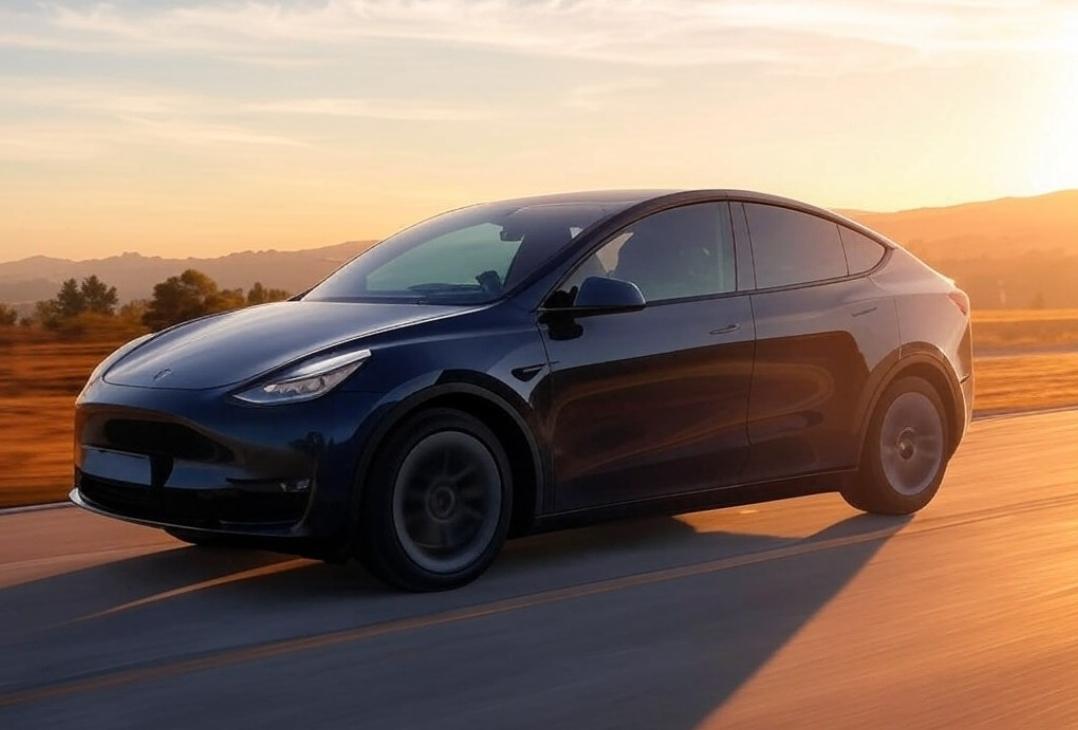
China's electric vehicle (EV) industry is making significant strides, with leading manufacturers unveiling groundbreaking technologies that promise to reshape the automotive landscape.
BYD's 'God's Eye' Self-Driving System
BYD, a prominent Chinese automaker, has announced the integration of its advanced driver-assistance system, dubbed "God's Eye," across its entire vehicle lineup, including budget-friendly models like the Seagull, priced around $9,550. This system offers features such as hands-free highway driving, automatic emergency braking, remote parking, and autonomous overtaking. BYD's partnership with AI startup DeepSeek aims to enhance these capabilities further. Notably, BYD is providing this technology at no additional cost to consumers, positioning it as a formidable competitor in the EV market
Leapmotor's Affordable Smart EV
In a move that intensifies competition in the EV sector, Leapmotor has introduced the B10, a smart electric vehicle equipped with lidar sensors and urban traffic smart driving capabilities. Priced at approximately $20,000, the B10 represents Leapmotor's first foray into integrating lidar technology, a critical component for autonomous driving. Pre-sales for the B10 are set to commence on March 10, 2025.
Nio's Flagship Sedan: The ET9
Nio has unveiled its flagship electric sedan, the ET9, which is the first vehicle to utilize the company's NT 3.0 platform and self-developed Shenji autonomous driving chip. The ET9 features a dual-motor all-wheel-drive system, a 100 kWh battery offering a range of approximately 650 km (CLTC), and advanced autonomous driving capabilities powered by a suite of 31 sensors, including LiDAR and 4D millimeter-wave radars. Deliveries are scheduled to begin in March 2025.
Avatr's Mid-Size Sedan: The 06
Avatr Technology, a joint venture between Changan Automobile, CATL, and Huawei, has introduced the Avatr 06, an electric mid-size sedan. The 06 offers multiple powertrain options, including rear-wheel and all-wheel drive configurations, and features advanced technologies such as digital side mirrors and optional roof-mounted LiDAR sensors. The vehicle is expected to commence production in 2025.
These developments underscore China's rapid advancements in EV technology, highlighting a commitment to innovation and accessibility that is poised to influence the global automotive industry.
Disclaimer: The information in this article is based on publicly available sources and aims to provide general insights into the latest EV technologies. While every effort has been made to ensure accuracy, we do not guarantee the completeness or reliability of the information. Any references to specific companies, products, or technologies are for informational purposes only and do not imply endorsement. Readers are encouraged to verify details from official sources before making any decisions. Additionally, images used in this article are either sourced under fair use or from copyright-free platforms; if any copyright concerns arise, please contact us for prompt resolution.




